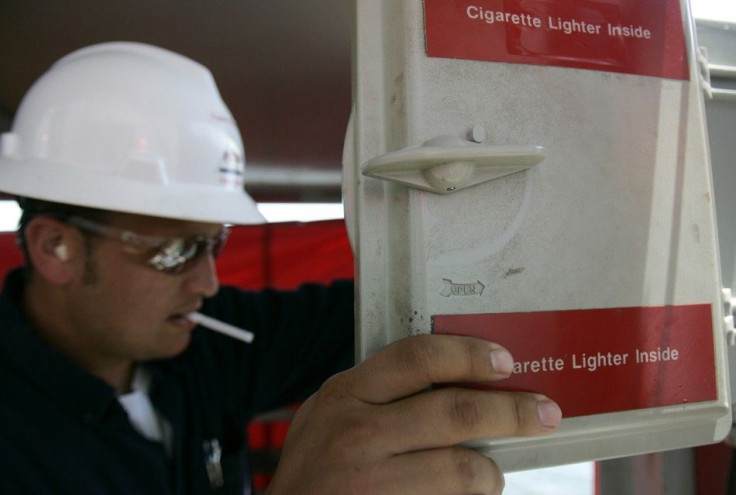Blue-Collar Workers More Likely to Smoke Than Educators, Management: Study

Workers in blue-collar jobs are more likely to smoke than educators and CEOs, a new study shows.
A report from the U.S. Centers for Disease Control and Prevention says that people in blue-collar jobs and industries are more likely to smoke than white collar workers.
Other industries with a higher smoking rate include transportation and real estate.
Industries with lower smoking rates include science and health care.
The report information came from National Health Interview Survey data from 2004 through 2010 and findings were published in the CDC's Morbidity and Mortality Weekly Report.
Although some progress has been made in reducing smoking prevalence among working adults, additional effective employer interventions need to be implemented, including health insurance coverage for cessation treatments, easily accessible help for those who want to quit, and smoke-free workplace policies, the CDC said in the report.
Web sites such as Smokefree.gov list resources for people who want to quit smoking.
Smokefree.gov suggests coming up with reasons to quit smoking, including having extra money, having more time, and setting a good example for children.
As for people who are thinking of quitting, Smokefree.gov recommendations include setting a quit date and letting family, friends and coworkers in on the plan.
Web sites such as WhyQuit.com even recommend ways to combat potential weight gain, such as planning out a meal in advance.
© Copyright IBTimes 2024. All rights reserved.











